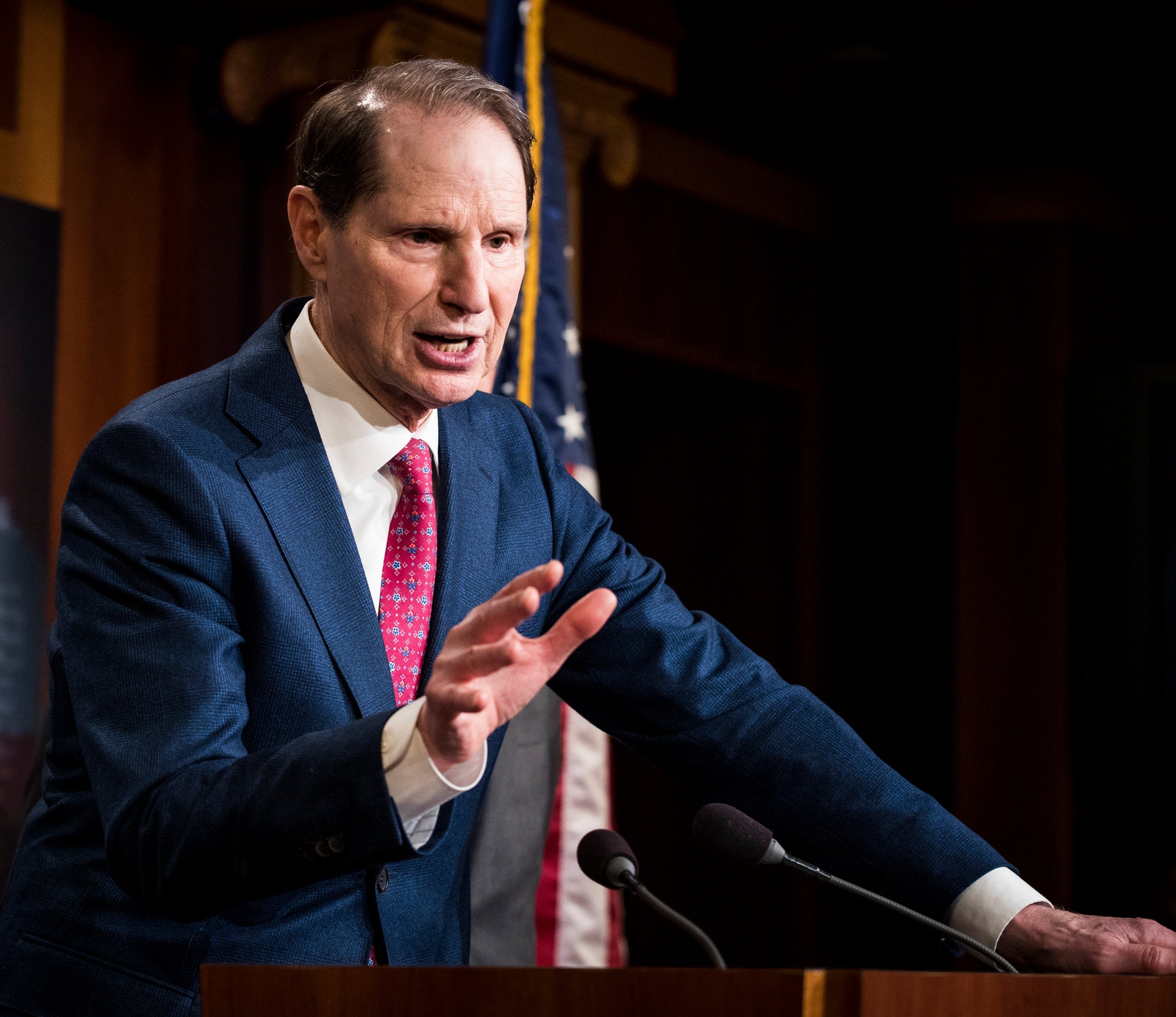Senate Finance Committee Ranking Member Ronald Lee Wyden (D-OR) introduced legislation to Congress that seeks to end tax breaks for donations to universities and colleges by wealthy individuals to influence admissions decisions.
Introduced on Wednesday, the College Admissions Fairness Act would seek to end considering tax-deductible donations made by a family as a factor in determining a student’s admission to a school.
The bill would expand the tax code’s charitable quid pro quo rules and amend the Higher Education Act, requiring institutions to report the number of applicants, admitted students and enrolled students who are the children of donors. This data would also be made publicly available by the Department of Education.
“While middle-class families are pinching pennies to pay tuition and graduates are buried under tens of thousands of dollars in student debt, wealthy families are greasing the skids to get their children into elite schools on the backs of those same families and graduates. It’s absurd that the tax code subsidizes the top 1% buying their way into school,” Wyden said in a statement.
“Colleges and universities would be able to preserve the tax deductibility of all donations if they simply bar their consideration in admissions decisions. It’s ‘one and done’—implement a policy and you’re in compliance,” he added.
If a school chose not to implement a policy that bars consideration of donations in admissions, the bill seeks to limit the deductions to $100,000 of donations over a six-year period prior to or during the child’s university attendance.
Many view the bill as particularly important following the recent “Operation Varsity Blues” college admission scandal, in which 50 people were charged for allegedly paying bribes to get their children accepted into top higher educational institutions. Some of those accused have been charged with racketeering conspiracies for taking bribes and fraudulently granting students admission in top schools like Yale, Stanford and others.



